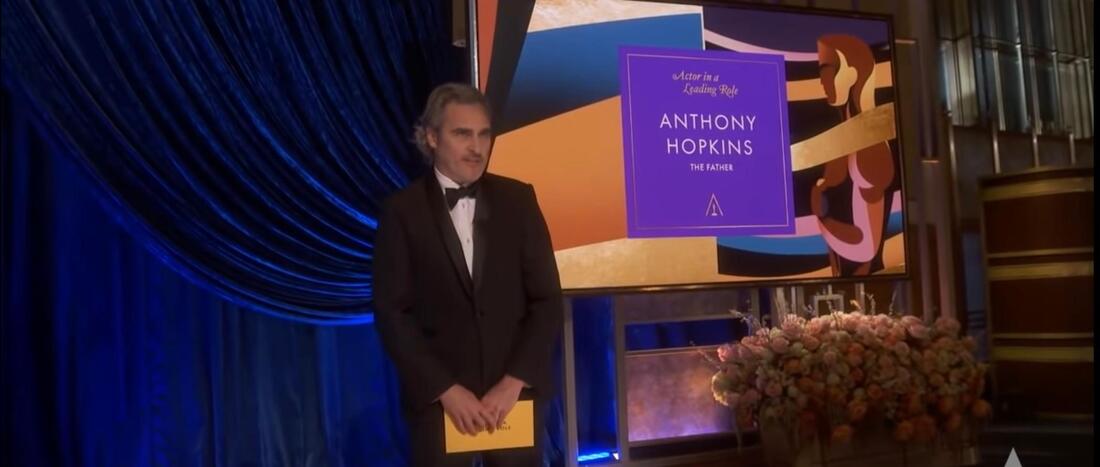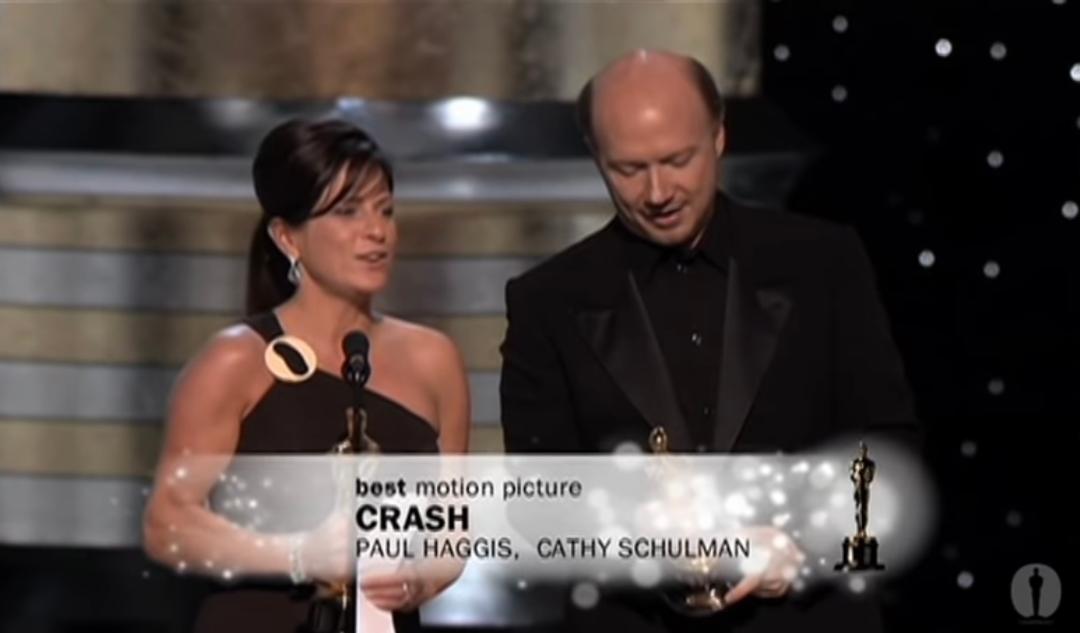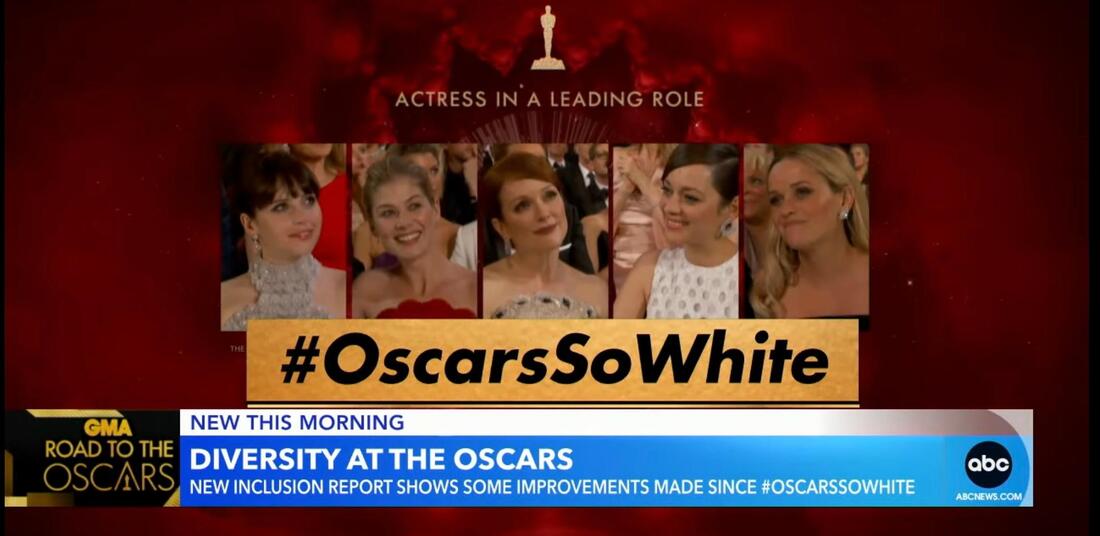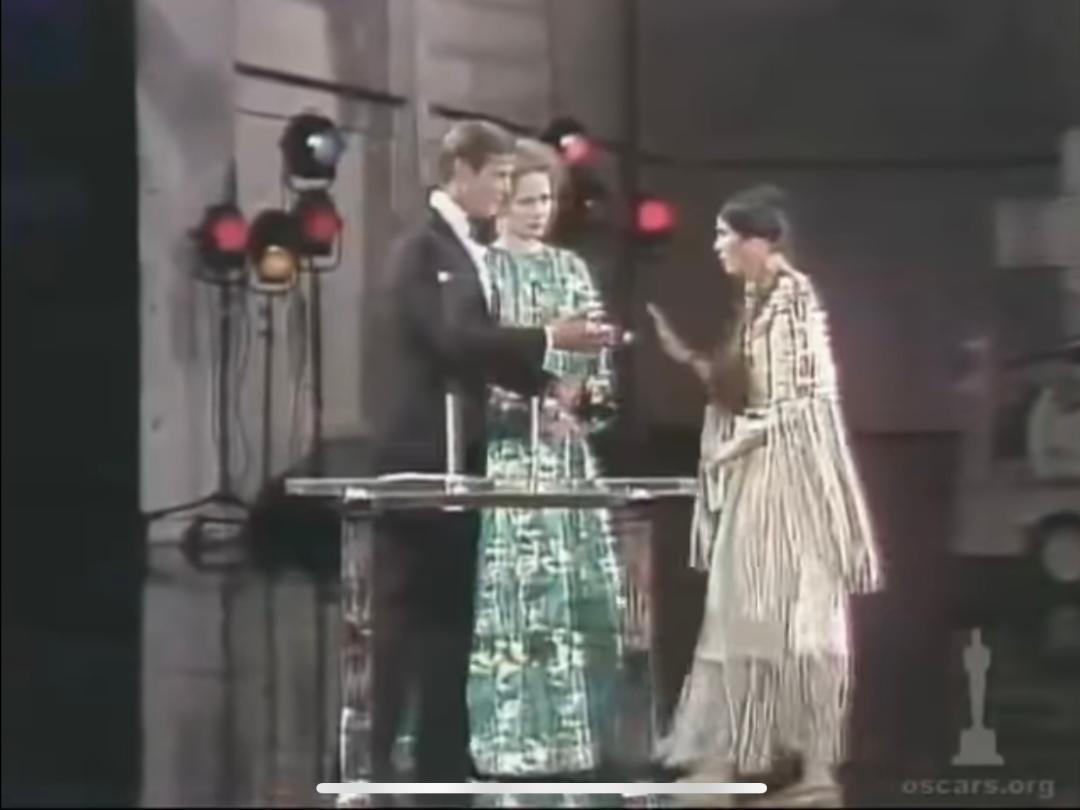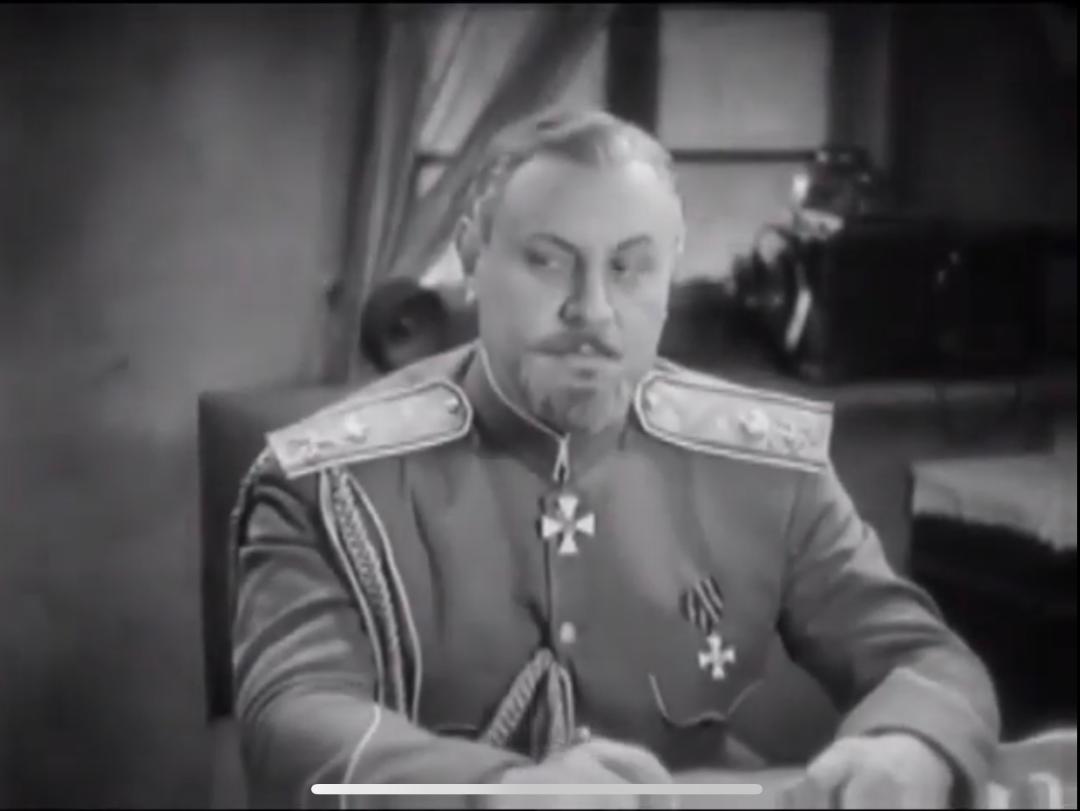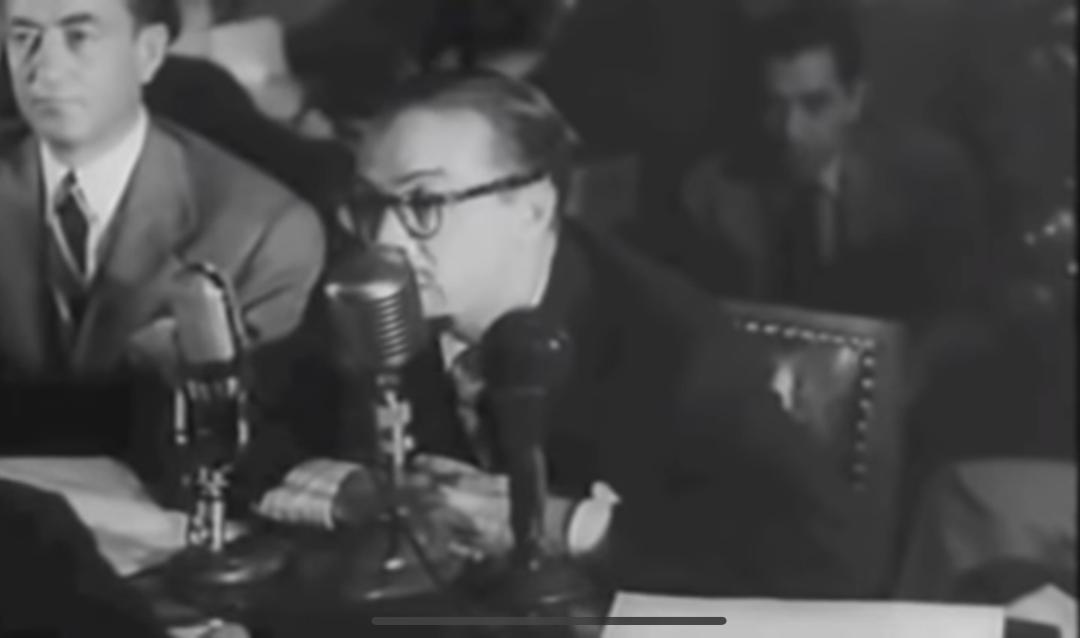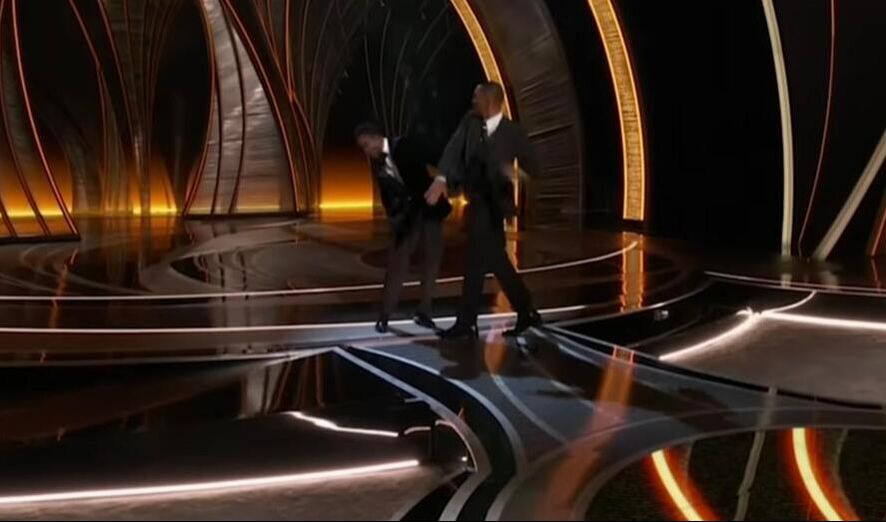|
by Julian Spivey 10. Oscars Producers Try Something New - Fail Miserably The 2021 Academy Awards will forever be known as the pandemic Oscars, but it wasn’t the pandemic that led to one of the most shocking moments in Oscars history. That blame belongs to that year’s three producers Steven Soderbergh, Jesse Collins and Stacey Sher, who decided to shake things up and get out of the norm when it came to the order of the evening’s honors. The biggest change was awarding Best Picture, always the evening’s biggest honor (BECAUSE IT SHOULD BE!), before the Best Actress and Best Actor categories. It seemed at the time that Chadwick Boseman would posthumously win Best Actor for his performance in “Ma Rainey’s Black Bottom,” likely leading to an emotional end to the Oscars with Boseman’s widow Taylor accepting the honor. That didn’t happen. Instead, Anthony Hopkins won Best Actor (the second of his career) for his performance in “The Father” – and the veteran actor in his 80s was not present to accept the award. The show immediately ended. So, not only was the obvious plan of the producers thwarted, but this major perceived emotional moment ended in essentially nothing happening but that evening’s Best Picture winner “Nomadland,” directed by Chloe Zhao, having been disrespected by its placement in the ceremony. The decision to have any other award besides Best Picture end the Oscars is one that hopefully will never be made again. 9. Seth MacFarlane's 'We Saw Your Boobs' Song The Academy Awards highlight the best in the film industry, so it was confusing from the moment the announcement was made that comedian and animated television series creator Seth MacFarlane would be hosting the 85th annual Academy Awards on February 24, 2013. ABC was attempting to bring a younger audience to the Oscars, but all they really did was bring the immaturity and a host who relegated the greatest actresses of their era to their bodies in a crass song called “We Saw Your Boobs,” just a few years before the #MeToo movement would change Hollywood forever. Some of the actresses included in the song were shown by producers live from the audience and the reactions of some were very uncomfortable. It was something everyone behind the telecast should be ashamed of. 8. Best Picture Shockers and the Politics Behind Them There have always been and will certainly always be controversies over whether one film winning best picture over another is right or wrong, but there have been at least a couple of cases throughout the Academy Awards where the winner likely came down to politics. The movie considered by the American Film Institute to be the greatest American film ever made, “Citizen Kane,” being mostly snubbed by the Academy at the 14th annual ceremony in 1941 was one of these moments. Orson Welles, director, co-writer and star of “Citizen Kane,” had made an instant enemy out of newspaper magnate William Randolph Hearst when it was revealed that Hearst was the primary inspiration for the titular Charles Foster Kane and it wasn’t a glowing portrayal. Hearst, at the time one of the most influential people in America, used his might and many publications to attack the film and Welles. Hearst’s efforts to have the film wiped off the face of the earth hurt the film at the box office and scared many within the industry from supporting it. While “Citizen Kane” was nominated for nine Oscars it would only take home one honor for Best Writing (Original Screenplay) for Herman J. Mankiewicz and Welles. Best Picture would go to director John Ford’s “How Green Was My Valley.” In 2004, director Ang Lee’s modern Western romantic drama “Brokeback Mountain” was considered a turning point for the advancement of queer cinema into the mainstream. It was the best-received film critically of the five Best Picture nominees that year and the most nominated film at the 78th annual Academy Awards with eight total nominations. While “Brokeback Mountain” did win three Oscars – Best Director for Lee, Best Adapted Screenplay for Larry McMurtry and Diana Ossana and Best Original Score for Gustavo Santaolalla – it was highly controversial when it lost the big prize of Best Picture at the end of the evening to director Paul Haggis’ “Crash,” a crime drama about racial and social tensions in modern-day Los Angeles. It was almost instantly seen by many as one of the worst Best Picture decisions in Oscars history and critic Kenneth Turan suggested, probably rightfully so, that homophobia among Academy members had cost “Brokeback Mountain” the honor. 7. #OscarsSoWhite Much like the country in which they were formed, the Oscars have always had diversity issues – both among its winners and Academy members. In nearly 100 years, only five African American men have won Best Actor (and four of those have been in the last 25 years). Even worse, Halle Berry is the only African American Best Actress winner in the show’s 95-year history. No African American has ever won the Best Director honor with only six black directors being nominated – the first being John Singleton in 1991 for “Boyz n the Hood.” The fact that Spike Lee has only been nominated once and that wasn’t until 2018’s “BlacKkKlansman” is telling. When it comes to other minorities there haven’t been too many Oscar successes either. This year is notable for the fact that Michelle Yeoh could become the first Asian Best Actress winner for her performance in “Everything Everywhere All at Once.” If Ke Huy Quan wins Best Supporting Actor, as is heavily favored, for “Everything Everywhere All at Once” he’ll be just the second Asian actor to win that honor after Haing S. Ngor won for “The Killing Fields” in 1984. Stephanie Hsu (“Everything Everywhere All at Once”) and Hong Chau (“The Whale”) are both nominated this year for Best Supporting Actress. Either would become the third Asian woman to win the honor. The diversity issues at the Oscars came to a head in 2015 with the #OscarsSoWhite campaign, started by activist and writer April Reign, highlighting the fact that out of 20 actors nominated that year none were people of color. The Academy took this embarrassment seriously and began corrective measures by inviting more people of color to become Academy members and thus play a role in selecting the nominees and winners. The nominees are still predominantly white (and male), but the percentages have minority nominees and winners have risen in the almost decade since #OscarsSoWhite made notice that change was necessary. 6. Adrian Brody Kisses Halle Berry Without Consent on the Night the Academy Honors Possible Rapist This is pretty much a two-fer that happened at the 75th annual Academy Awards on March 23, 2003. That’s the evening Hollywood heaped the biggest honor a director could win on a potential rapist fugitive and the star of his film forced himself upon presenter and reigning Best Actress winner Halle Berry. It would be almost another 15 years before the #MeToo movement would become a major story within Hollywood, but the movie industry’s biggest night in 2003 highlighted issues with sexual abuse and harassment when the Academy awarded Roman Polanski, who hadn’t set foot in America since 1978 after he fled the country following an arrest for allegedly drugging and raping a 13-year-old girl, with its Best Director honor for “The Pianist.” Polanski couldn’t accept the award in person; after all, he’d be arrested if he set foot in this country. If awarding a potential pedophilic rapist wasn’t bad enough, when Adrien Brody won the Best Actor award for “The Pianist” earlier in the evening he immediately grabbed Berry, presenting the award as the previous year’s Best Actress winner for “Monster’s Ball,” and planted a big kiss on her without any consent whatsoever. 5. Marlon Brando's Best Actor Boycott The fact that Marlon Brando wanted to boycott his Academy Award win for Best Actor for “The Godfather” wasn’t all that shocking in itself. Just two years before George C. Scott had also refused his honor for “Patton” because he didn’t believe in competition among actors. But, what made it shocking was what Brando planned if he won the award. Brando was boycotting the event to protest Hollywood’s portrayal of Native Americans and to draw attention to the standoff at Wounded Knee, which had begun the month before. Brando sent Sacheen Littlefeather, an actress and Native American civil rights activist, to decline the award on his behalf and read a statement – a condensed version on stage and the full 739-word statement to the press afterward – while receiving a mix of applause and boos from the live audience. Much has been made about what may or may not have happened in the moments after Littlefeather left the stage, including a potential attempted assault on her by Oscar-winner John Wayne, but nothing has ever been proven. Brando’s career wasn’t affected by his protest. Littlefeather, on the other hand, said she was blackballed by the industry and received death threats over the incident. The Academy sent Littlefeather a statement of apology in June 2022 for “the abuse you endured because of this statement was unwarranted and unjustified. The emotional burden you have lived through and the cost to your own career in our industry are irreparable. For too long the courage you showed has been unacknowledged. For this, we offer both our deepest apologies and our sincere admiration.” Littlefeather died four months later at 75. 4. Hollywood's Inaugural Best Actor Becomes a Nazi It doesn’t seem like enough people know the story of Emil Jannings, the very first Academy Award Best Actor winner, who turned into an actual Nazi late in his life. Jannings was a silent film star who appeared in classics like “The Last Laugh” (1924) and “Quo Vadis” (1924) before becoming the very first winner of the Best Actor Oscar prize for his dual roles (a practice that didn’t last long) in “The Way of All Flesh” (1927) and “The Last Command” (1928). Jannings was the only Best Actor winner from a silent film until Jean Dujardin won the honor for “The Artist” in 2011. When the “talkies” took over Hollywood in the late ‘20s and into the early ‘30s, Jannings career was pretty much kaput due to his thick German accent. In 1933, with Adolf Hitler already in control of Germany, Joseph Goebbels was appointed Reich minister of public engagement and propaganda and realized how useful Jannings would be in propaganda films. Jannings would end up campaigning for Hitler in the 1938 elections, the last ones before total Nazi rule of Germany. Following World War II, British and allied military officials quizzed Jannings about his time as Hitler’s propaganda star, according to The Independent, rejected claims he worked reluctantly for the Nazis. He retreated to Austria following the war, in 1945 he was interviewed by The Rochester Democrat and Chronicle where he said: “Open resistance would have meant a concentration camp.” He would never work in film again. He died in 1950 from liver cancer at age 65. 3. Oscars Bend to Communist Witch Hunts One of the darkest times in Hollywood history was the communist witch hunts of the 1940s and 1950s led by the House Un-American Activities Committee (HUAC) that led to the blacklisting of many within the industry, but probably most notably a group of screenwriters and directors known as “The Hollywood Ten” in 1947. The HUAC witch hunt would ruin the careers and lives of many throughout Hollywood. It would also lead to strange Academy Award moments, like when Robert Rich won the Best Story Oscar in 1956 for “The Brave One,” despite the fact that nobody had ever heard of or seen such a person. It turned out to be a pseudonym for the blacklisted Dalton Trumbo. Trumbo also won a screenwriting Oscar in 1953 for “Roman Holiday.” The award that year was given to a front writer Ian McLellan Hunter. The next year Pierre Boulle would win a screenwriting Oscar for writing “The Bridge on the River Kwai,” despite the fact that he merely wrote the novel the film was based on and never touched the script. The real screenwriters were Carl Foreman and Michael Wilson, both blacklisted. It would take until 1960 for some of the blacklisted writers to begin using their own names on scripts, most notably Trumbo’s name on both Otto Preminger’s “Exodus” and Stanley Kubrick’s “Spartacus.” This era in Hollywood will forever be remembered for its hysteria and the industry’s ineffectiveness and inability for standing up for its own. 2. Envelope Error Leads to Wrong Film Announced as Best Picture On February 26, 2017, at the 89th annual Academy Awards, the strangest ending in the history of the Oscars took place when the wrong Best Picture-winning film “La La Land” was announced by presenters Warren Beatty and Faye Dunaway instead of the actual winner “Moonlight” due to a mix-up when a PricewaterhouseCoopers accountant Brian Cullinan, not paying attention to his duties, handed the presenters the wrong envelope (which was the backup envelope for Best Actress winner Emma Stone (“La La Land”). The producers of “La La Land” Fred Berger and Jordan Horowitz were in the middle of their acceptance speech when Oscar crew members came to inspect the envelopes and let them know there was a mistake. Horowitz announced to the audience and millions watching at home on ABC: “There’s been a mistake. ‘Moonlight.’ You guys won.” “Moonlight” director Barry Jenkins came upon the stage to give the acceptance speech but unfortunately for the film and those who worked on it the moment wasn’t the celebration it should have been amidst the confusion. 1. The Slap It was supposed to be a great night for Will Smith, one of Hollywood’s most likable leading men for decades. He was a shoo-in to win his first Best Actor Oscar for his portrayal of tennis father Richard Williams in “King Richard.” But when presenter and comedian Chris Rock made a dumb jab at Smith’s wife Jada Pinkett Smith’s shaved head while presenting the Best Documentary Feature category, the actor stood up from his seat in the audience, walked onto the stage, physically slapped Rock across the face and began a verbal tirade, including the immediately infamous: “Keep my wife’s name out your fucking mouth!” The moment stunned the audience and became the biggest talking point of the evening. When Smith won Best Actor about 40 minutes later and didn’t seem very contrite about what he had done it led to more anger on top of what was already felt by millions watching from home. In the aftermath, Smith resigned his membership from the Academy and he was banned by the Academy from attending the Oscars for 10 years.
0 Comments
Leave a Reply. |
Archives
April 2024
|
